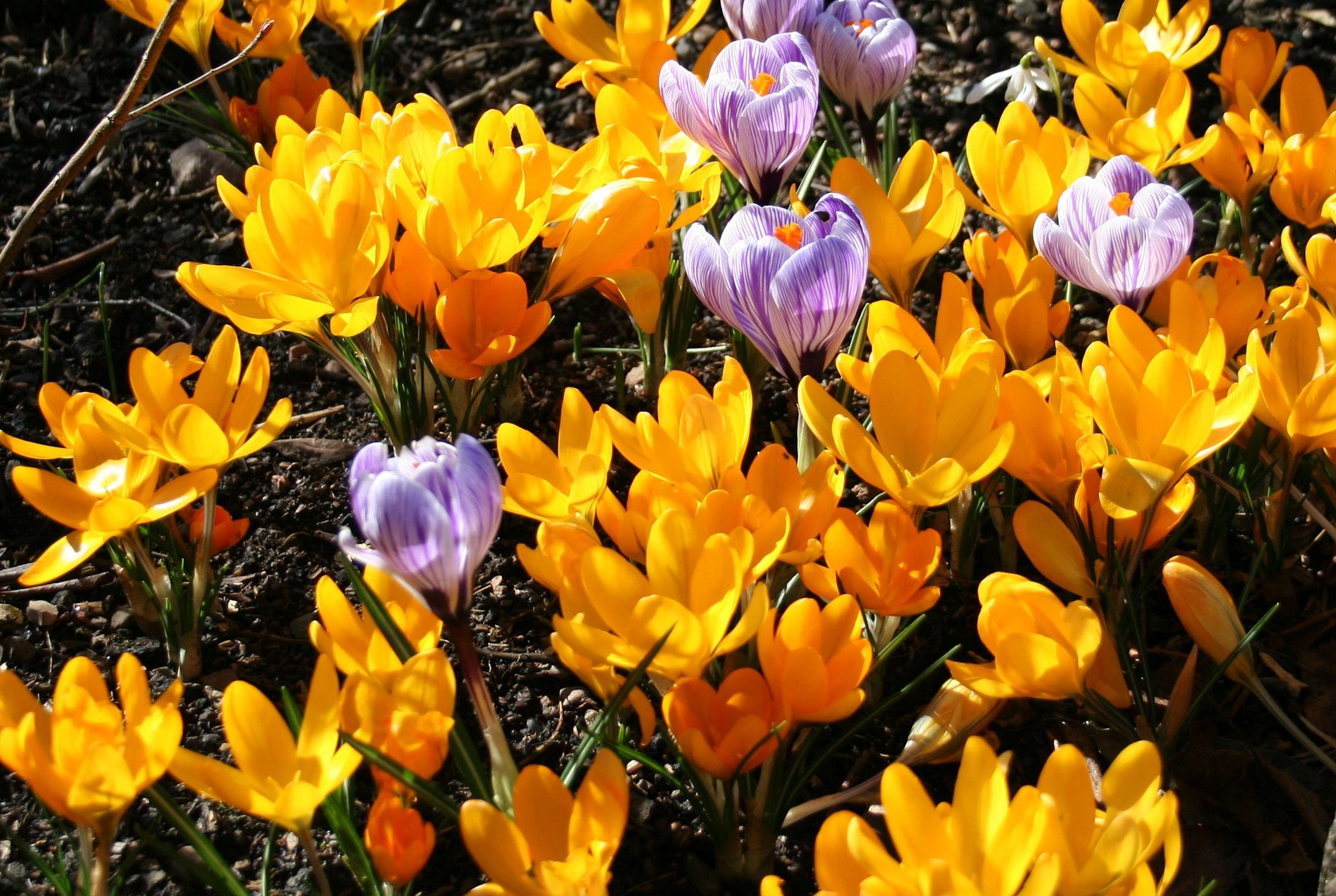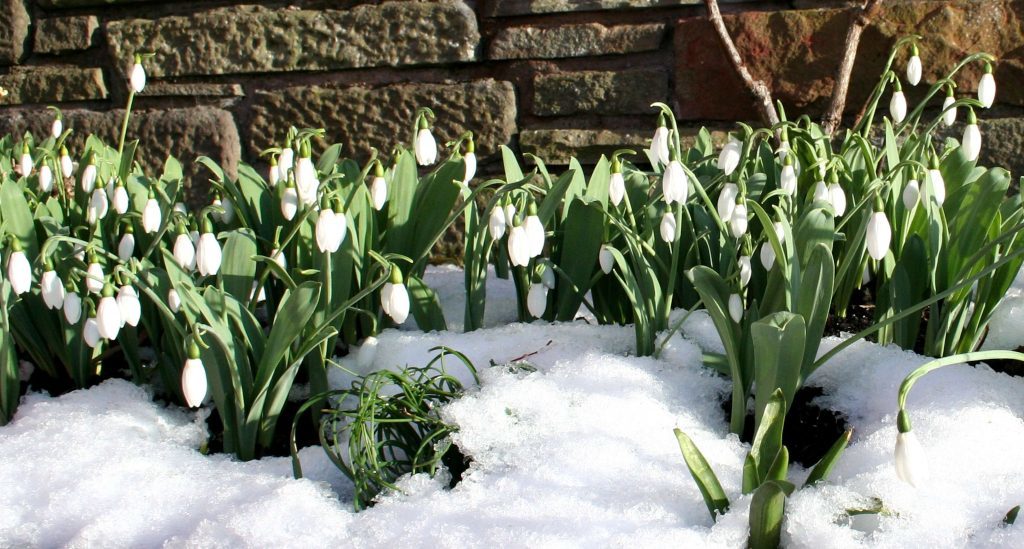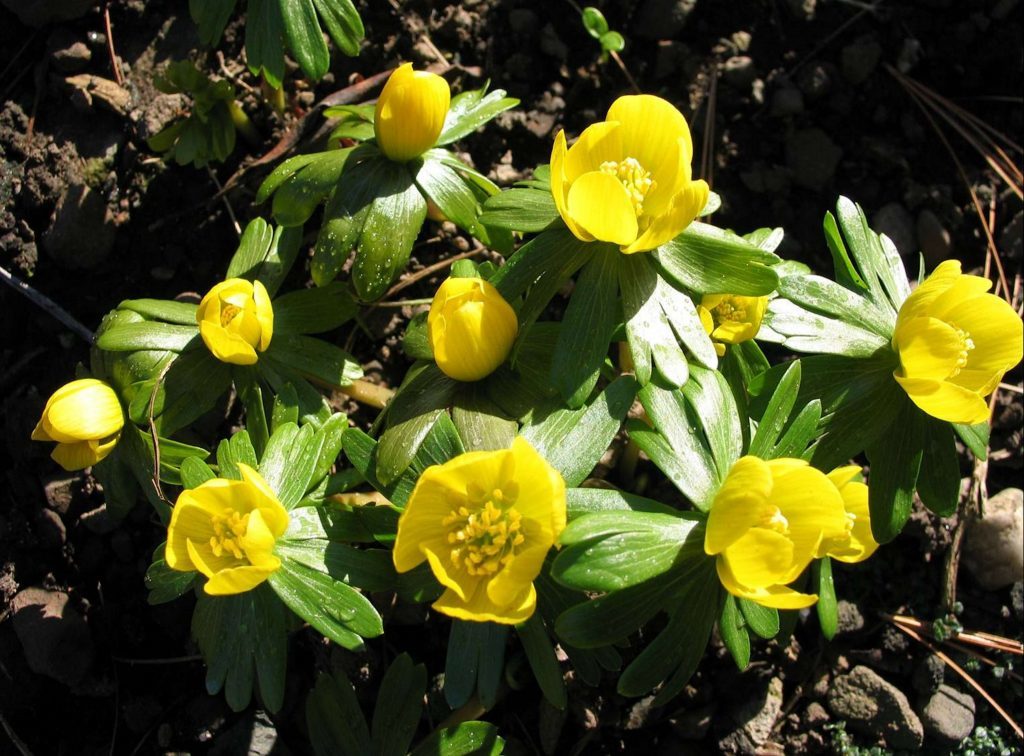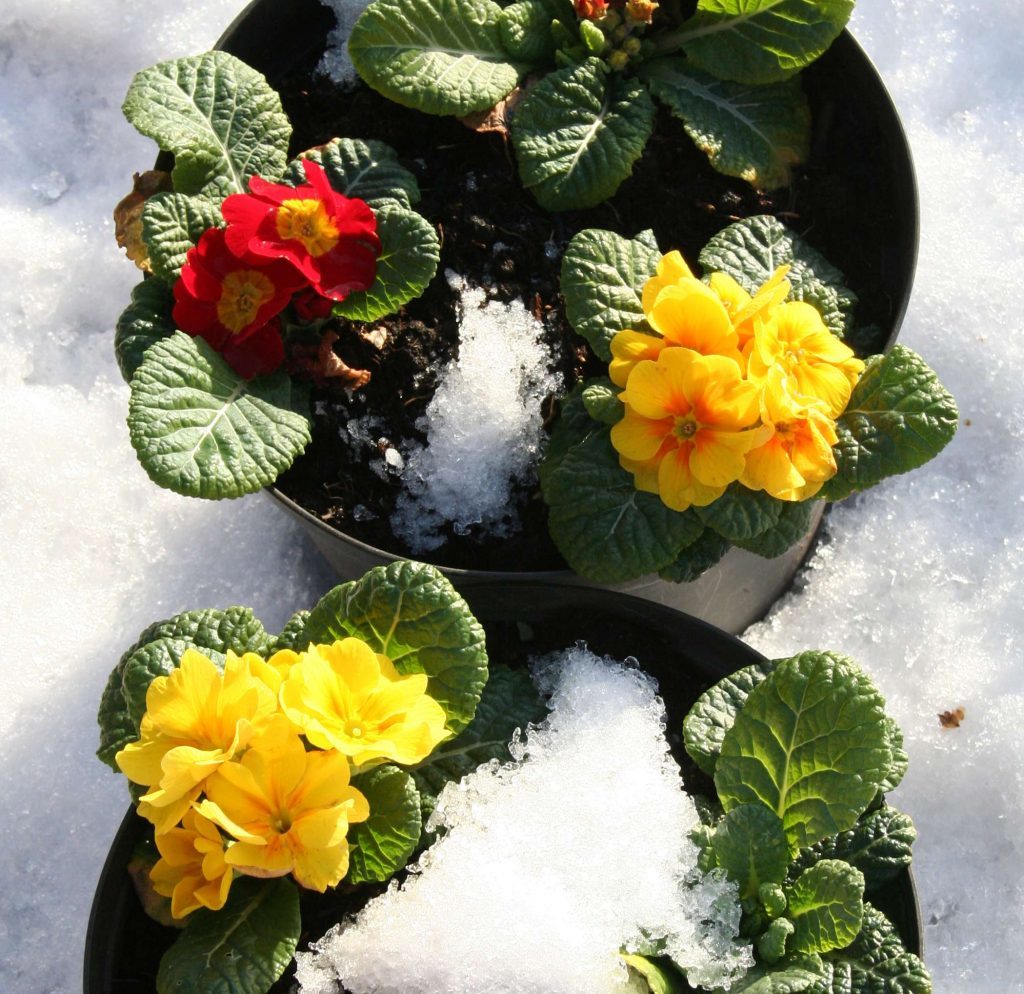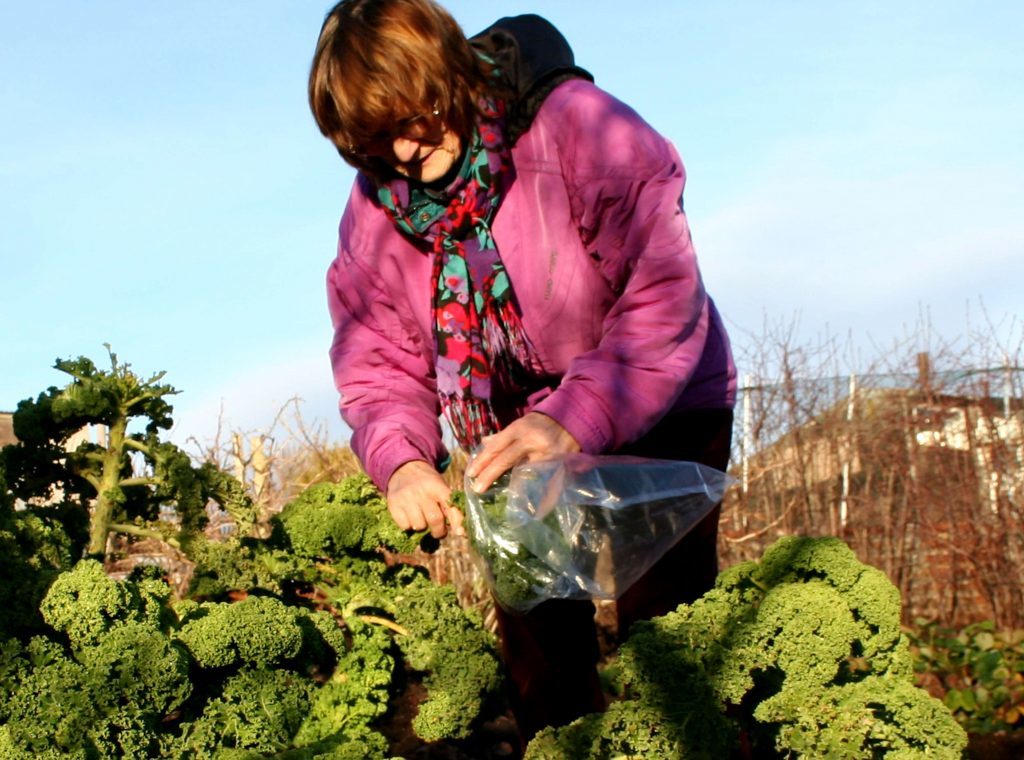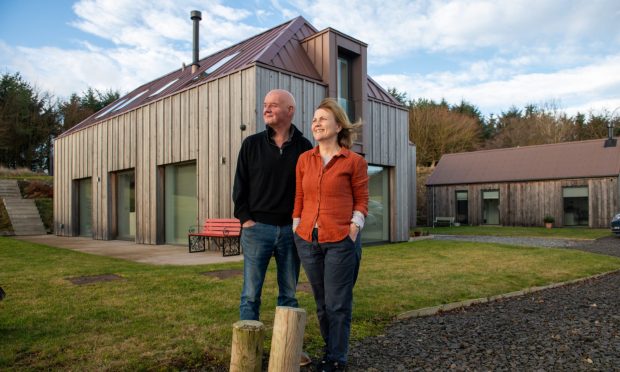The winter in recent times never seems so long as it was in childhood days when the first snows came in November and skating on Dundee’s ponds started in December.
The roads were busy with kids on sledges all January and February as there were not many cars on the road.
These were the winters we thought were normal.
Now come forward 60 or so years we did get a few snow flurries in January this year, but with temperatures in double figures over many days, our dormant bulbs think spring has arrived and they just won’t stop growing.
The race is on to see who can push up into the daylight first.
Even tulips, daffodils, hyacinths and lilies are all visible, and the smaller bulbs such as chionodoxa, scilla, anemone blanda and grape bluebells are all in leaf. The grape hyacinths however usually start in late autumn to come into leaf and no amount of snow or frost seems to bother them.
I have a drift of snowdrops growing in the shelter of a south facing wall which were in flower in December and continue throughout January and hopefully into February.
Aconites are not far behind, as the first flowers opened up in late January.
I thought they would be later this year as my large drift got a fright when I decided to replant 20 cyclamen hederifolium amongst them as they both grow and flower at different times so should be happy with each others company.
The cyclamen are still in leaf, but these should die down soon to leave the aconites free to flower and grow.
Aconites have a short season and begin to die down by mid summer. This leaves the space free for the cyclamen to flower in early autumn before the leaves emerge and then they can grow in autumn and winter.
Time will tell if they are happy companions.
Crocus hybrids may be the bigger and more dramatic types but the crocus species flower about two to three weeks earlier.
Although the individual flowers may be smaller than the hybrids, when growing in massed drifts the overall effect is quite stunning.
There are many different types of crocus species but I always go for my favourites, Blue Pearl, Cream Beauty and Snow Bunting.
Crocus are perfect planted amongst deciduous trees and shrubs provided they get plenty of sunlight to open up the flowers fully.
All my drifts of snowdrops and crocus increase every year as it is hard to resist buying a few more bulbs in autumn.
Once drifts or clumps have been established for several years they can be lifted and split up immediately after flowering, to replant them in other spots where they will soon grow and multiply.
Retain and scatter any seed that forms as these will all germinate and grow. The aconites are germinating now, taking advantage of this mild winter, so do not confuse them with weeds, (Sticky Willie and Ivy leaved speedwell are germinating now) and remove them.
However be careful with grape hyacinths and bluebells as they are so efficient at growing from seed that if left alone they can be very invasive and will try to take over the whole garden.
Polyanthus and primroses in borders, tubs and pots are also confused by the mild winter so they are giving us an early bonus as they have come into flower in the mild winter.
They are quite tough so provided a severe winter remains on the back burner they will hopefully continue to flower for a few more months.
Wee jobs to do this week
Kale leaves can be picked throughout winter as they continue to grow.
Take a few leaves from the tops of several plants so the plant is not weakened. After washing and a rough chop they only need steamed in a pot for a few minutes adding in some seasoning, garlic and ginger, then just before serving drizzle some olive oil over the top.
It makes a delicious green vegetable that even kids love it. Surplus kale can be frozen for future use.
Kale is high in fibre, packed with antioxidants, contains vitamins A, K and C and the minerals iron, calcium and magnesium and is now considered one of the top fresh health foods.
